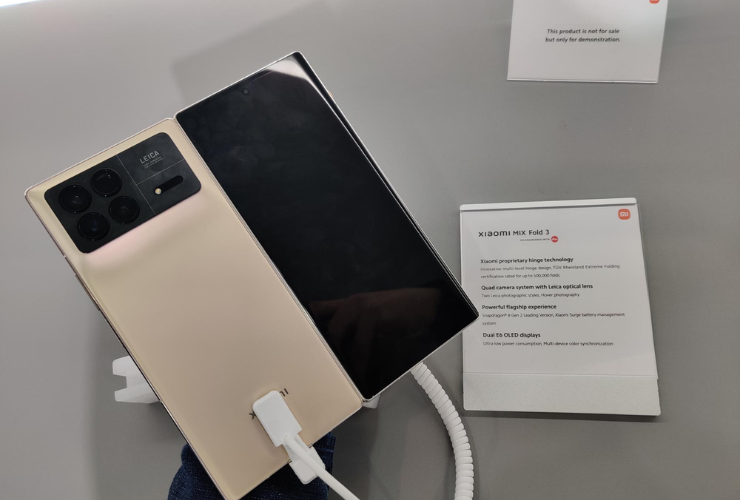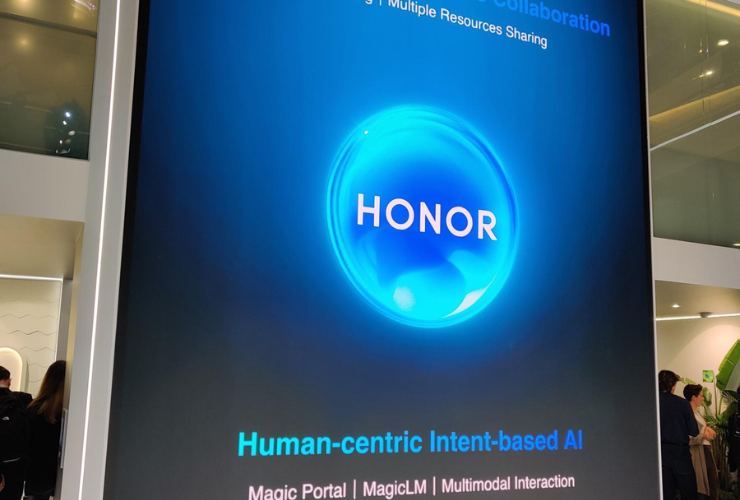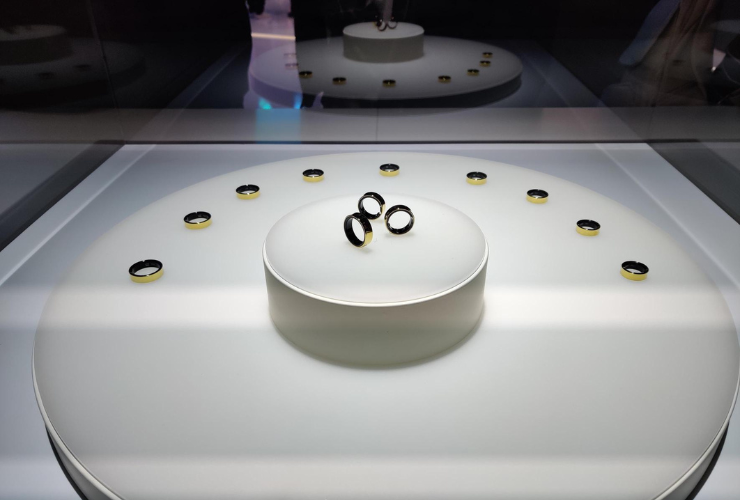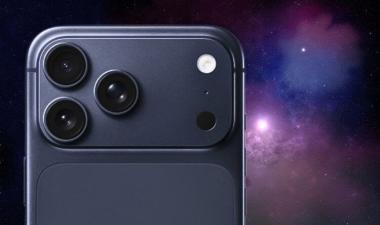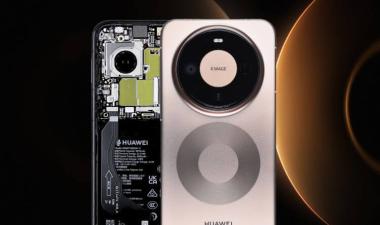Key Themes and Takeaways from MWC 2024
Mobile World Congress 2024: Unveiling the Future

Mobile World Congress (MWC) 2024 in Barcelona showcased a myriad of innovations and industry trends, setting the stage for the future of technology. Let's dive into the highlights from each day of this year’s influential event.
Day 1: Shining a Spotlight on AI and Product Launches
- Honor's AI Strategy: Honor unveiled a new AI strategy, emphasizing cross-platform collaboration and introducing innovative AI-powered devices, including the Magic6 Pro smartphone and the MagicBook Pro 16 AI PC.
- Xiaomi's Focus on Cameras: Xiaomi launched its Xiaomi 14 series smartphones, highlighting partnerships with Leica for enhanced camera capabilities, and introduced the Pad6S Pro tablet, emphasizing AI integration and connectivity.
- Qualcomm's AI Initiatives: Qualcomm announced the AI Hub for developers, offering access to a library of AI models optimized for Snapdragon platforms, and introduced the FastConnect 7900 for enhanced Wi-Fi connectivity leveraging AI for optimized performance.
Key Takeaway: AI Integration and Collaborative Innovation
Day 1 emphasized the growing importance of AI in device development, with companies like Honor and Xiaomi leveraging AI for enhanced user experiences and connectivity. Qualcomm's initiatives underscored the industry's focus on democratizing AI development and optimizing connectivity solutions.
Day 2: Advancements in Commercial AI PCs and Smart Devices
- Dell's Enterprise AI PCs: Dell introduced a range of AI-powered commercial PCs, showcasing the benefits of on-device AI processing for improved performance and efficiency in enterprise settings.
- Samsung's Galaxy Book 4 Series: Samsung announced the availability of its Galaxy Book 4 notebooks, featuring AI-powered capabilities and Microsoft's Copilot assistant, catering to diverse user needs with a range of price points and performance options.
- Tecno's Pocket Go: Tecno showcased its innovative handheld gaming PC, the Pocket Go, offering immersive gaming experiences with AR glasses and high-performance AMD Ryzen processors, highlighting the evolving landscape of portable gaming.
Key Takeaway: On-device AI Integration and Sustainable Innovation
Day 2 highlighted the integration of AI into commercial PCs and smart devices, emphasizing improved user experiences and sustainability efforts, as seen in Dell's use of recycled materials. Tecno's Pocket Go showcased the potential for innovative form factors in gaming technology.
Day 3: Embracing Wearable Innovations and Health Technologies
- Samsung's Galaxy Ring: Samsung introduced its first smart ring, the Galaxy Ring, focusing on health and wellness features alongside AI functionalities, signaling a new direction for the smart wearable market.
- OPPO's Air Glass 3: OPPO unveiled the Air Glass 3 prototype, featuring touch, voice, and smartphone control, and showcasing the potential for generative AI capabilities, highlighting OPPO's commitment to wearable innovation.
- OnePlus Watch 2: OnePlus launched the OnePlus Watch 2 with significant upgrades, including enhanced battery life and GPS accuracy, targeting sports enthusiasts and intensifying competition in the smartwatch market.
Key Takeaway: Convergence of Health Tech and Wearable AI
Day 3 underscored the convergence of health technologies and wearable AI, with companies like Samsung and OPPO introducing innovative devices focused on improving wellness and user experiences. OnePlus's entry into the smartwatch market further highlighted the growing competition and innovation in wearable technology.





